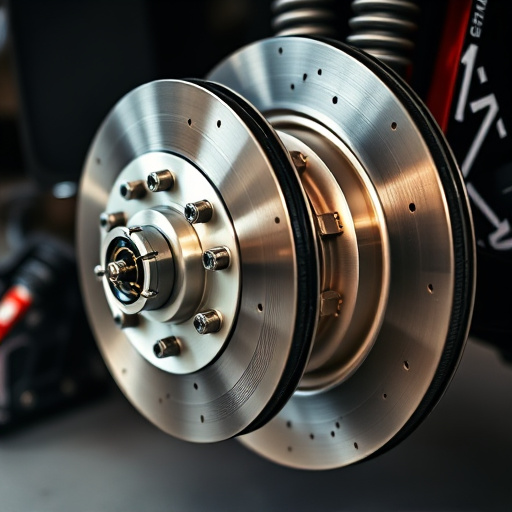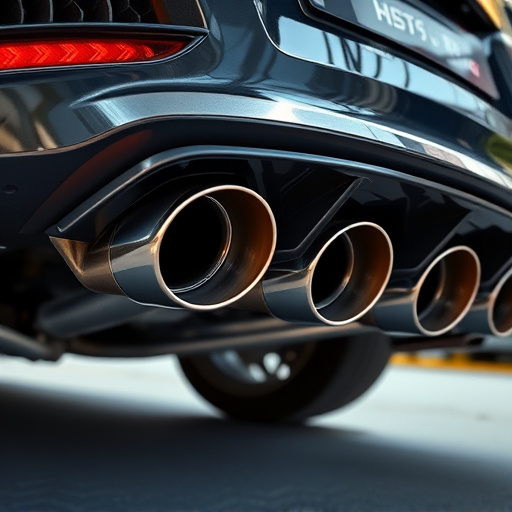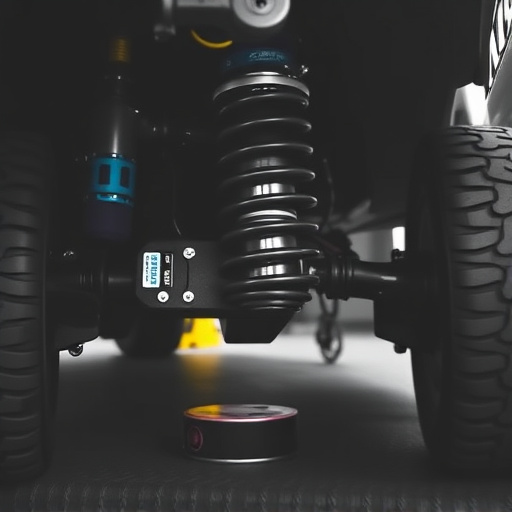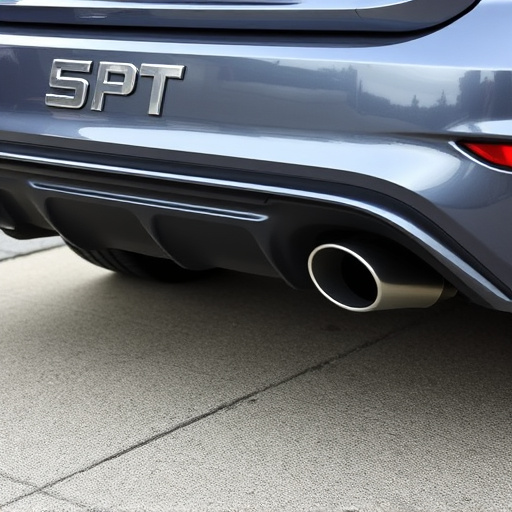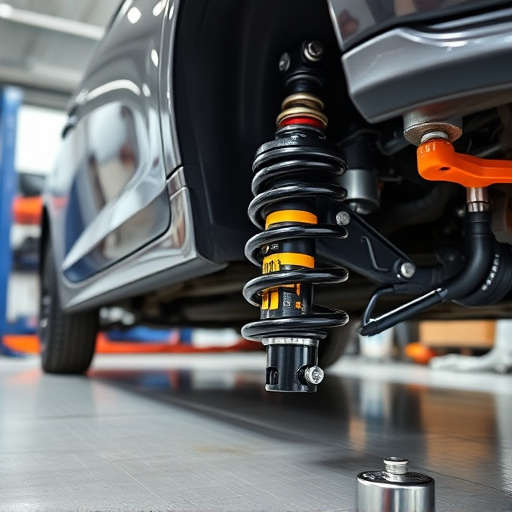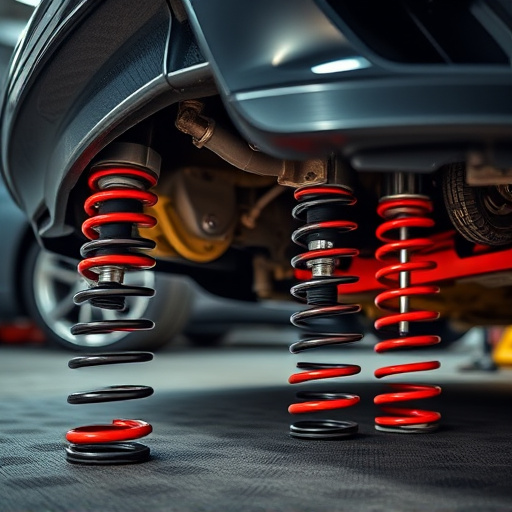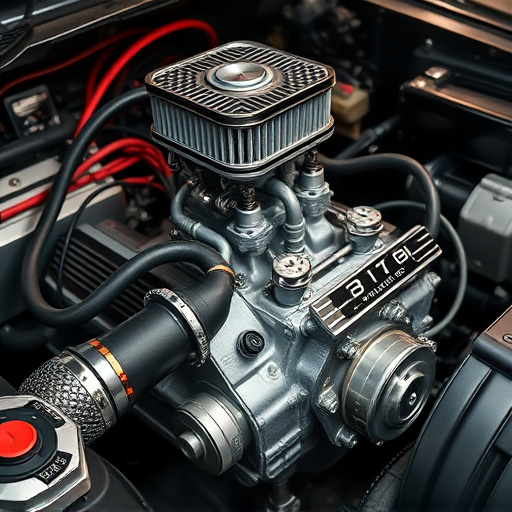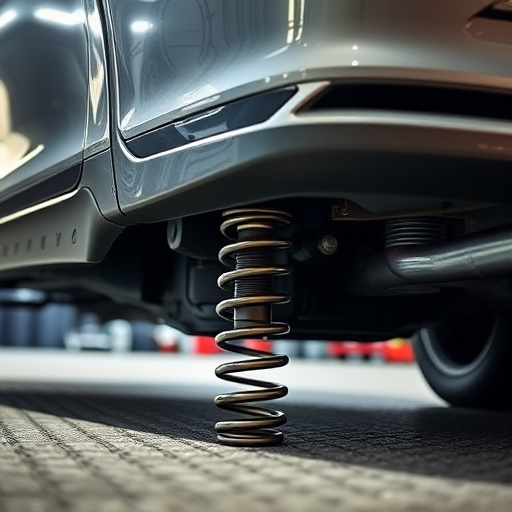Oiled air filters enhance engine airflow by capturing particles in harsh conditions, improving fuel efficiency and power for off-road or high-performance vehicles. Balancing oil content is critical to avoid restricting airflow or failing to capture contaminants, leading to optimal combustion, increased power output, and vehicle health. Regular replacement and high-quality exhaust systems ensure peak performance.
Oiled air filters have long been a topic of debate among automotive enthusiasts, with claims that they enhance engine performance and fuel efficiency. This article delves into the intricate relationship between oiled air filters and vehicle dynamics. We explore the basic function of these filters and their impact on engine health. Additionally, we dissect the science behind fuel efficiency, highlighting the significance of clean versus oiled air. Ultimately, this guide offers insights into maximizing power by finding the sweet spot in balancing oil within air filters for optimal results.
- Oiled Air Filters: Basic Function and Impact on Engine Performance
- Understanding Fuel Efficiency: The Role of Clean vs. Oiled Air
- Maximizing Power: Balancing Oil in Air Filters for Optimal Results
Oiled Air Filters: Basic Function and Impact on Engine Performance
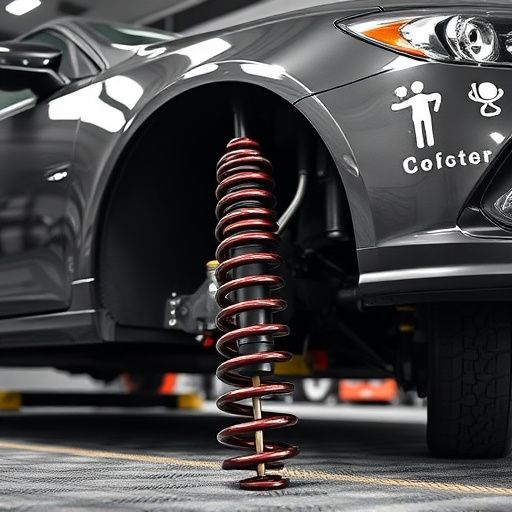
Oiled air filters are designed to enhance the airflow within a vehicle’s engine by capturing and retaining fine particles found in the air intake systems. They serve as a crucial component, particularly for off-road or high-performance vehicles, where harsh driving conditions can lead to increased wear and tear on standard filters. The primary function is to prevent debris from entering the engine, ensuring smooth and efficient operation.
By introducing oil into the filter media, these oiled air filters offer several benefits that directly impact vehicle performance. The oil acts as a lubricant, reducing friction between the filter elements and incoming air molecules. This results in improved airflow, enabling the engine to draw in more air, which is essential for optimal combustion. Consequently, fuel efficiency is enhanced, allowing drivers to experience better mileage without compromising on power.
Understanding Fuel Efficiency: The Role of Clean vs. Oiled Air
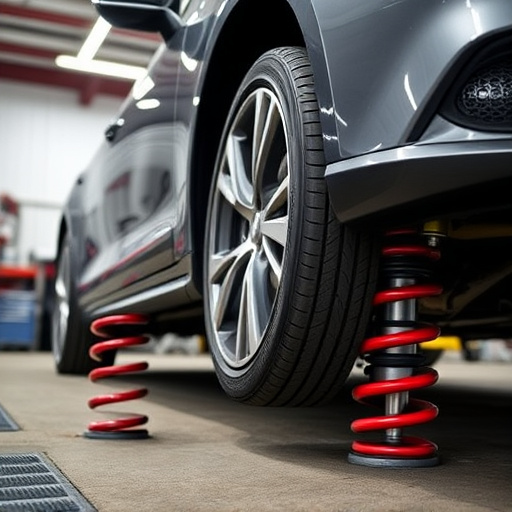
In the realm of automotive optimization, fuel efficiency is a key performance metric that directly impacts both cost and environmental impact. At its core, understanding how air intake influences engine operation is paramount. When it comes to air filters, the distinction between clean and oiled variants plays a significant role.
A clean air filter allows for unobstructed airflow into the engine, ensuring optimal combustion. Conversely, an oiled air filter, often used in specific high-performance parts or air intake systems, has benefits of its own. The oil acts as a barrier against dust and debris, prolonging filter life. However, excessive oiling can lead to reduced airflow, which may negatively affect fuel efficiency and engine power. Therefore, when considering air filter kits, it’s essential to balance the need for protection with maintaining efficient airflow for peak performance.
Maximizing Power: Balancing Oil in Air Filters for Optimal Results
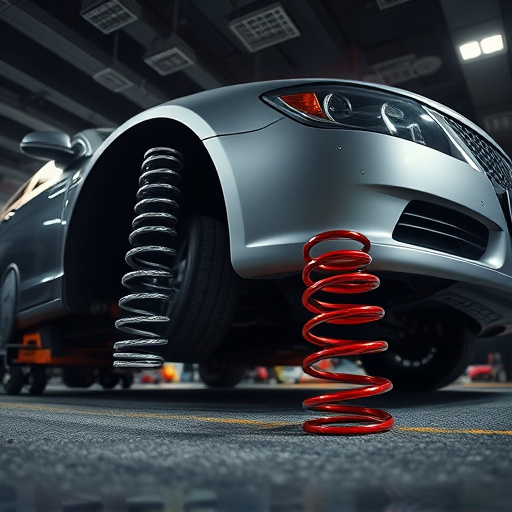
Oiled air filters are designed to trap fine particles and contaminants present in the air entering a vehicle’s engine. However, balancing oil content in these filters is crucial for maximizing power and maintaining optimal vehicle performance. Too much oil can restrict airflow, leading to reduced efficiency and potential engine degradation. On the other hand, too little oil may not effectively capture dirt and debris, causing damage over time.
The ideal balance ensures a steady flow of clean air, allowing the engine to breathe efficiently. This, in turn, enhances fuel combustion, increases power output, and improves overall vehicle performance. Regular maintenance and replacement of oiled air filters according to manufacturer recommendations are key to achieving and maintaining this delicate equilibrium, ensuring your vehicle runs smoothly with peak efficiency. Additionally, consider upgrading to high-quality performance exhaust systems, which can further optimize engine performance and contribute to better fuel economy.
Oiled air filters play a significant role in maintaining engine health and performance, but their impact on fuel efficiency and power must be carefully considered. By understanding how these filters function and balancing the benefits of oiling against clean air intake, vehicle owners can optimize both fuel economy and engine output. In today’s market, choosing the right oiled air filter can be a game-changer for those seeking efficient and powerful driving experiences.



